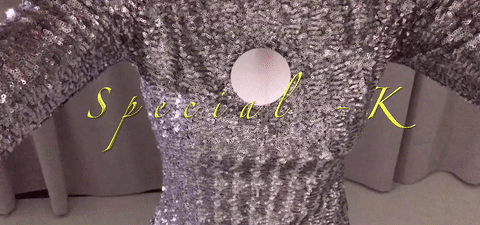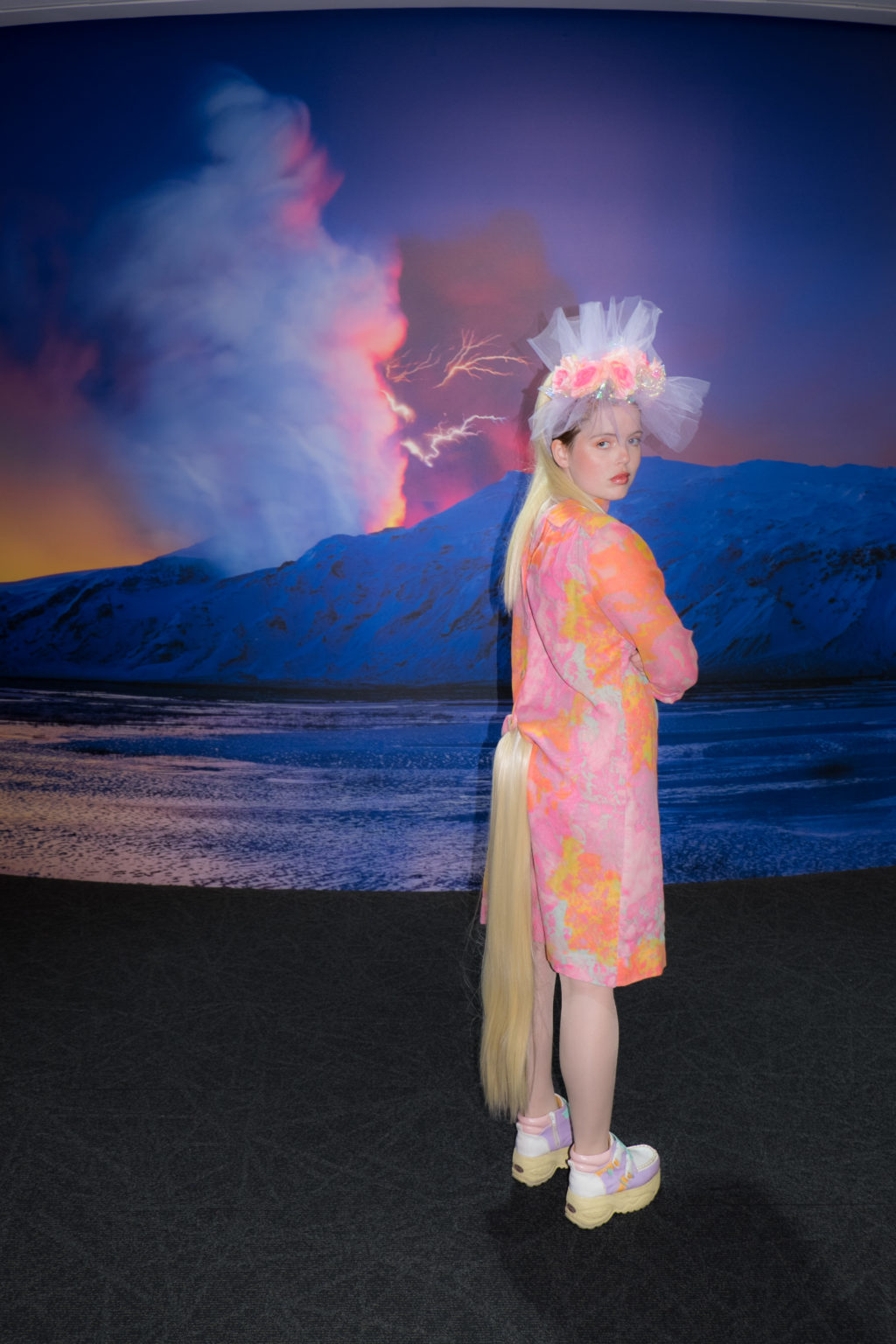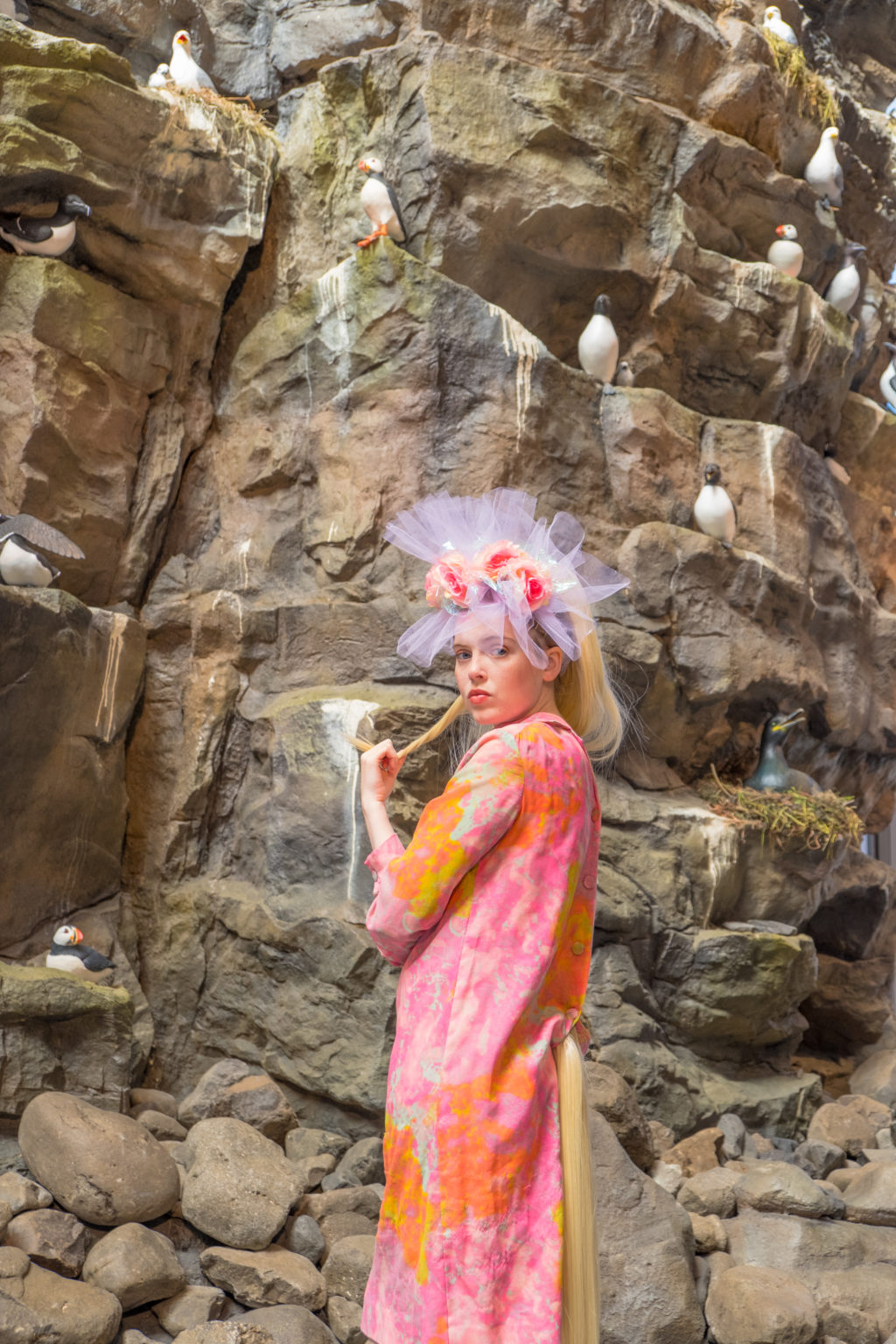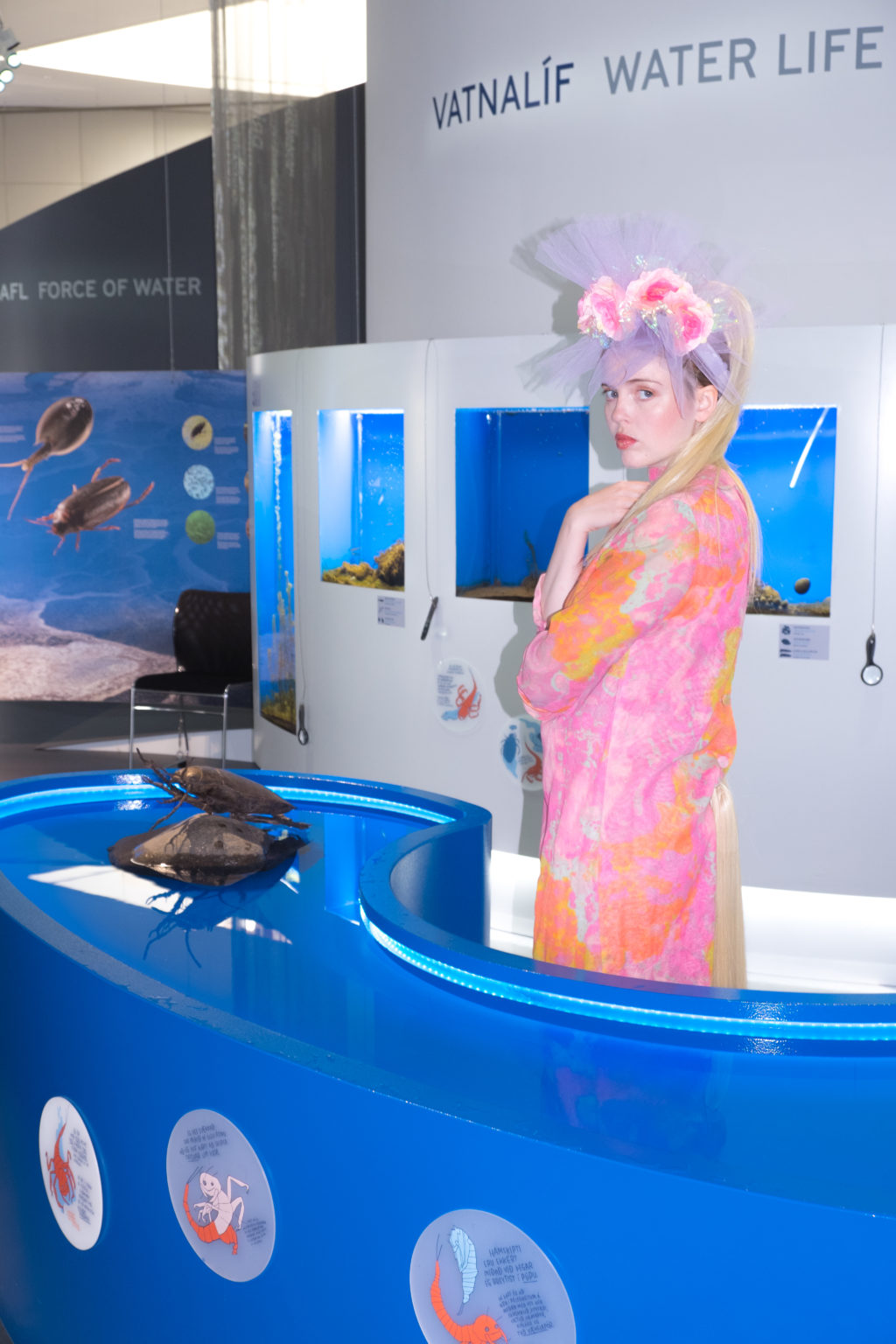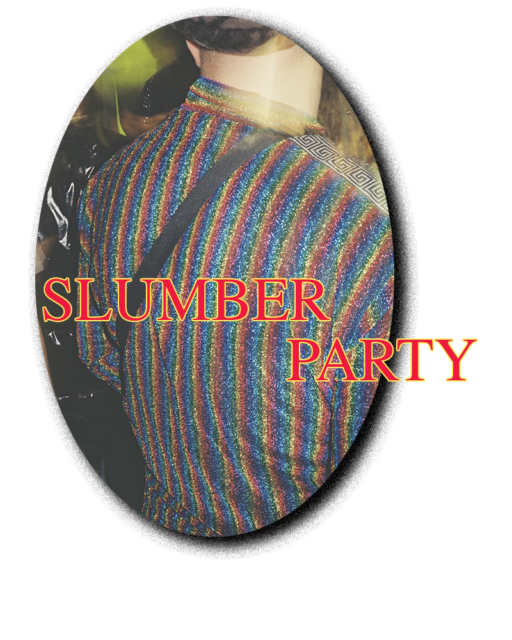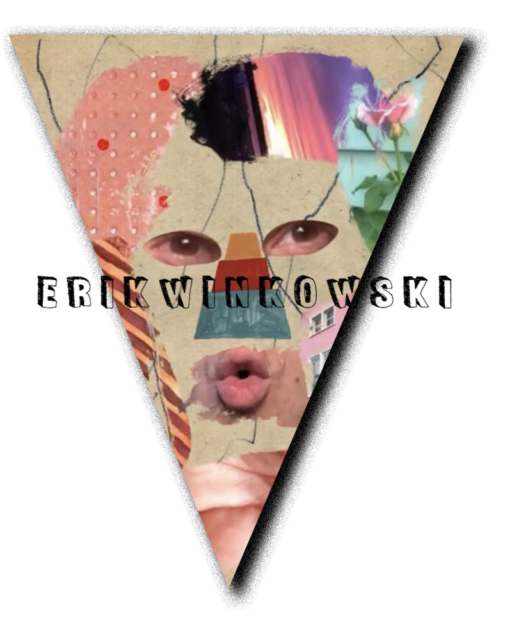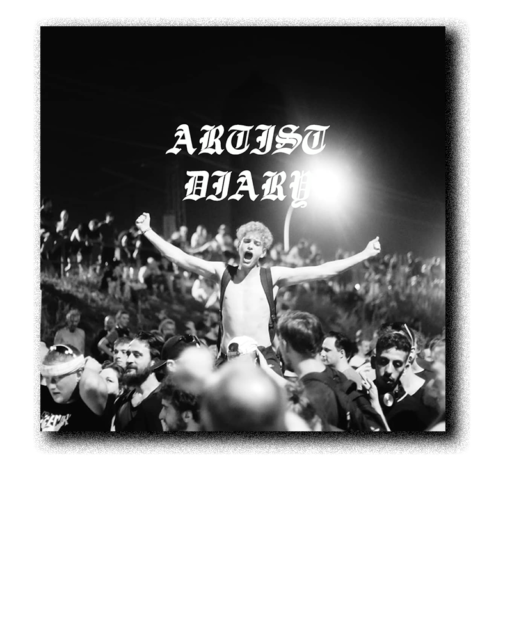In her new single “Post Coital”, Reykjavík-based musician and artist Special-K deals with the often unaddressed feelings of heaviness and emptiness that can linger behind acts of sexual intimacy. The music video is directed by Margrét Bjarnadóttir, who manages to capture the enchantment of the melody whilst embodying it with an after-sex melancholy full of glitter and shimmer.
The title of the track came to Katrín Helga Andrésdóttir (Special-K) shortly before its completion. “Post Coital” means “after sex” , it’s “the so-called Post Coital Dysphoria – a state of mind that is characterized by a temporary, depression-like state after coitus.”
When we spoke over the phone and she began telling me about the background of the song I felt instantly affected by it… Afterwards, I proceeded to talk to dozens of my friends, most of whom could also relate to the feeling, however, nobody had the faintest idea of any official terminology associated with it, even though it’s officially recognised by psychologists.
In her debut album “I Thought I’d Be More Famous by Now”, Special-K addresses typical problems for her generation, such as imposter syndrome, depression and loneliness. Compared with her previous work, the latest piece feels much more serious and less playful. She says, “At the time I was writing it, I thought a lot about addictions. I had just moved to Berlin, and I was rediscovering my relationship with alcohol. I was always just partying on a medium level, and everyone around me called me the party pooper. So, I tried to figure out what my actual addiction is – and surprise surprise – for me, it’s intimacy.” The song is supposed to confirm the addiction that comes with physical closeness, and show that after the brief moment of climax, a downer can set in that is similar to any drug trip. She continues, “I wanted to create a metaphor between a one-night stand and a night of partying and taking drugs”
In the second verse, the Icelandic musician compares herself to a mouse with the lyrics, “I thought I was a happy mouse still I’m drinking opioid.” This is based on a famous experiment that was conducted on rats in the 1970s. Two cages of rats were compared for the experiment. In one cage, the rats were kept in idyllic circumstances, and in the other the animals were given only the minimum amount of comfort that was necessary to satisfy their needs. In both cages the animals had a small basin with clean water, and one with water that was mixed with opioids. As expected, the “happier” rats drank the clean water, while the rats with the poorer living conditions voluntarily anaesthetized themselves – very deep.
In addition to the uniquely honest lyrics, the song not only offers piano and bass accompaniments from the artist, but also reveals an imperfect clarinet solo in the bridge of the track – “I really wanted to have a clarinet in it, because the beginning is very dark and funeral march-like. So I needed something to contrast this.” She can’t play the clarinet herself, so she got help from a former classmate – “The clarinet is played by a high school friend of mine, and he hasn’t played it for years. I really like how human it sounds. It’s very breathy and not super professional. It’s not really someone who has complete control over the instrument they are playing and that suits the vibe of the song as well.”
The song comes with a hypnotic and unusual music video, directed by Margrét Bjarnadóttir, a fellow Icelandic multi-talent who has worked with lots of interesting artists, including Björk. It was filmed using the selfie cam on her cellphone, and a circular mirror pinned to her chest that reveals Special-K’s tiny dancing reflection. Both women wear sequined fashion pieces by Icelandic designer Hildur Yeoman, giving the somber lyrics a dreamy backdrop.
Today Special-K transforms from a lovely coming-of-age dreamer into a serious artist who has the continual ability to connect sentimental problems with delicate sounds. “Post Coital” is one hundred percent relatable, genuine, and an artistically handcrafted masterpiece.
Written by Julius Rueckert
